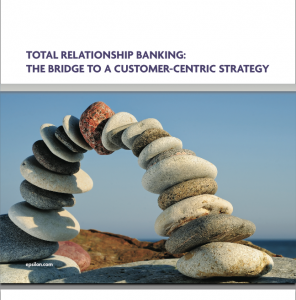The 2008 financial crisis and resulting recession, compounded by regulatory changes, has created huge challenges for the American banking industry in its quest to stay profitable. And banks, just like retailers, have to worry about their digital marketing strategies and whether those strategies are helping them to retain customers or are turning them away.
There is still quite a bit of customer angst surrounding financial institutions, according to a whitepaper from email marketing firm, Epsilon, which was also stung when some information about its email lists was compromised. Epsilon therefore has an appreciation for the challenges that come with rebounding from an unfavorable circumstance and an understanding of the challenges that the banking industry faces in making customers feel more secure and better about their finances. Until that happens, consumers won’t feel better about purchasing from many of you retailers or banking with you bankers, if that’s what you do. For any of you who do happen to be digital marketers for banks and financial firms, this whitepaper is for you. Or, if you’re a retailer you might gain some valuable insight into what financial services marketing pros are doing to jump over the hurdles that face them and their still-sullied brand images.
One thing banks have realized, much like retailers, is that being customer-centric is no longer an option – it’s a must. Companies must create value as unique as the institutions and customers they serve to support their relationship-building and retention strategies. The term “total-relationship banking,” refers to a new strategy emerging where financial services marketers address customer needs across all financial products—at all touch points. If done right, customers feel better, more secure, more financially sound – and thus more ready to buy our retail wares.
Download this whitepaper from Epsilon to hear the firm’s tips on how break down silos, create a consistent voice and overcome the challenges that come in marketing products whose reputations are not in the best place. (Perhaps you’ve been there before after a major gaff in your organization? If not, this will help you deal with it when and if it ever does.)




Recent Comments